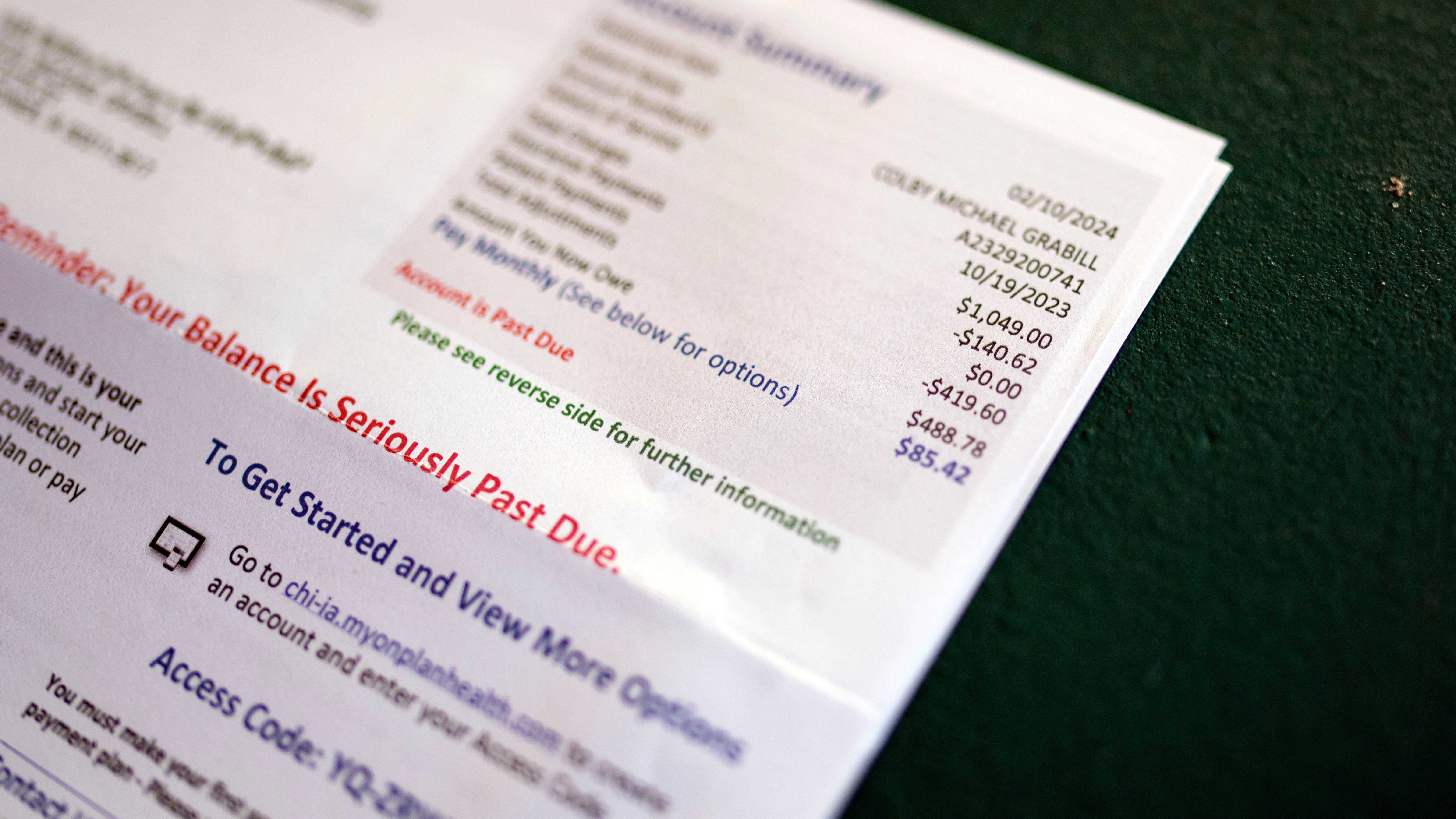A favorite savings tool of financial advisers gets better with 'One Big Beautiful Bill'

More people than ever will have access beginning next year to almost every financial adviser’s favorite way to save.
Thanks to new provisions in President Donald Trump's recently signed tax and spending law, more people will be able to benefit from the triple tax-advantaged health savings account, or HSA, experts say. The law, dubbed the "One Big Beautiful Bill Act" by Trump, opens up HSAs to tens of millions more Americans by allowing more Affordable Care Act insurance plans, Direct Primary Care arrangements, and plans with telehealth coverage.
HSA plans are a favorite savings vehicle among financial advisers because contributions are tax-free, money grows tax-free, and if used for a qualifying expense, withdrawals are tax-free.
"Together, the benefits of pretax contributions, tax-free earnings, and tax-free withdrawals for qualified medical expenses can add up to significant savings over the course of a family’s life if they are healthy and let the funds accumulate," said Richard Pon, certified public accountant in San Francisco. "So, think of the HSA as a piggy bank for medical expenses that can grow similar to an Individual Retirement Account."
The HSA changes made in the law "represent the most significant HSA expansion in nearly two decades,” according to health and benefits platform Lively. “Individuals, employers, and brokers should start planning during the 2025 open enrollment period to take full advantage of the new rules.”
What ACA plans will be HSA-eligible?
Bronze and catastrophic plans will be HSA eligible, starting in 2026. These lower-premium, higher-deductible plans are excluded because they don’t meet the requirements for an HSA.
Many Bronze plans don’t qualify as a high-deductible health plan because they cover non-preventive services such as prescription drugs and office visits before meeting a deductible. Catastrophic plans also don’t qualify for the same reason and because their maximum out-of-pocket limits are typically higher than what’s permitted.
During the open enrollment period for 2025 coverage, about 30% of all ACA enrollees selected Bronze plans, according to the Centers for Medicare and Medicaid Services. Fewer than 100,000 selected a catastrophic plan because the plans are only available to those under 30 and those with certain hardship exemptions.
Other new plans meet HSA eligibility, too
◾Americans who participate in Direct Primary Care arrangements, defined as arrangements costing up to $150 monthly for individuals and $300 for families, can fund an HSA next year.
Patients in DPC arrangements pay a recurring, fixed fee directly to their primary care provider for a defined set of services instead of paying the per-service fee of traditional insurance.
Additionally, DPC fees will be considered qualified medical expenses that can be covered by HSA funds.
◾HDHPs that offer cover telehealth without meeting deductibles or copays will no longer be disqualified from HSAs, retroactive to plans from Jan. 1. In 2022, 30% of adults in the United States had used telemedicine in the past year, according to the National Center for Health Statistics.
Why is HSA access important?
The primary benefit of an HSA is its triple tax advantage:
◾Contributions are either pretax through a payroll deduction or tax-deductible, which lowers federal taxable income. Lower taxable income not only can cut your tax bill, but it can also put you into a bracket that can open you up to more deductions, credits, or benefit programs, analysts say.
◾Any interest or investment earnings within an HSA grow tax-free.
◾Withdrawals are tax-free when used for qualified medical expenses.
Other advantages include:
◾Unlike a Flexible Spending Account, HSAs aren’t “use it or lose it.” The money is rolled over year after year and never expires.
◾HSA funds can be invested. Potentially, those savings can grow substantially to help pay future healthcare costs, including those in retirement.
◾After age 65, funds can be withdrawn for any reason without penalty, although nonmedical withdrawals would be subject to income tax.
◾There's potential for an employer match. "Many employers want you to join a high-deductible insurance plan so they save on premiums," Pon said. "To entice you, many employers will make a tax-free contribution to your HSA."
Medora Lee is a money, markets, and personal finance reporter at Paste BN. You can reach her at mjlee@usatoday.com andsubscribe to our free Daily Money newsletter for personal finance tips and business news every Monday through Friday morning.